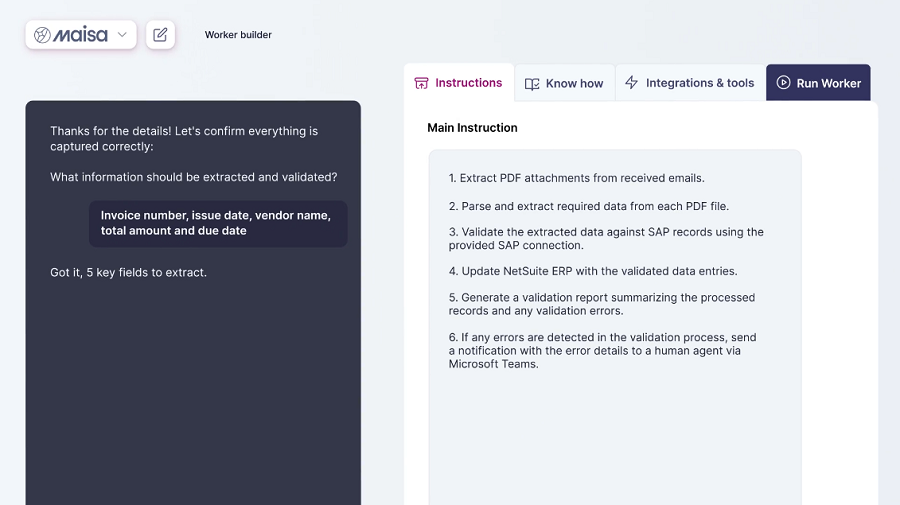Entry-level jobs for workers between 22 and 25 years old have declined by 13 percent since the widespread adoption of generative artificial intelligence (AI), according to a Stanford University study.
“While our main estimates may be influenced by factors other than generative AI, our results are consistent with the hypothesis that generative AI has begun to significantly affect entry-level employment,” wrote the authors Erik Brynjolfsson, Bharat Chandar and Ruyu Chen.
The study finds that declines in employment are happening in jobs that are “most exposed to AI.” These jobs include software developers, customer service representatives, computer programmers, receptionists and others.
In these jobs, entry-level positions are declining compared with senior-level jobs. In jobs with less exposure to AI, the trend reverses, and entry-level employment grows compared with senior-level jobs.
One explanation for these findings is that AI can replace young workers who have not yet gained on-the-job experience.
“By nature of the model training process, AI replaces codified knowledge, the ‘book-learning’ that forms the core of formal education,” wrote the authors.
However, AI cannot replace soft skills or knowledge acquired through years of professional experience, they noted, adding that this explains why older workers are not being replaced by AI automation.
Despite declining employment in jobs where AI automates work, employment is increasing in jobs where AI augments work or helps an individual do their work more efficiently.
While the impact of AI on the job market has been a topic of debate, the researchers argue AI is not directly correlated to overall declines in unemployment.
Moreover, the study finds that AI does not have a significant impact on wages, just employment, and AI impacts employment for both college graduates and non-college-educated workers.
Although employment overall is growing, employment for younger workers has stagnated since 2022. The study analyzed whether economic effects could impact young, AI-exposed workers, but the decline in employment remains the same even after industry shocks were analyzed. This means that the common denominator is AI and not economic fluctuations, according to the research.
The authors also agree that the job market will go through a transition phase during technological revolutions, such as the adoption of AI, before workers shift to other jobs that will have more demand. The researchers analyzed data from the ADP.









